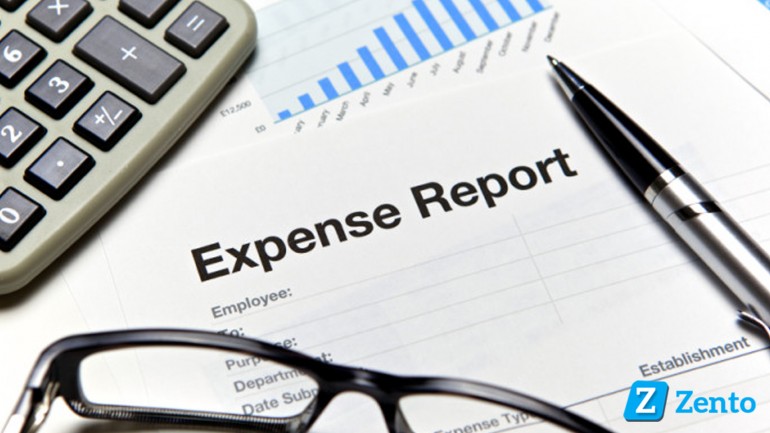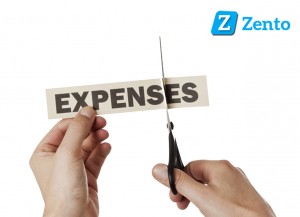Every company has its own unique HR & Admin policies. However, there are also rules that are generic and apply universally to working professionals. One such universal understanding is that employees are reimbursed for any T&E expenses incurred by them during travel or client servicing.

Let’s take a look at some of the guidelines that tell us when expenses fall into the T&E category:
- If you travel away from home for business purposes, you can deduct your transportation costs, meals, lodging, cab fares, and the like.
- The meals should not be extravagant, unless of course the situation demands, in which case you can go ahead with your HR rep’s permission.
- Usually, the entertainment activity must take place in an atmosphere conducive to discussing business. Hence, if it is considered ‘directly related to’ your business you can expect a re-imbursement. In some cases, entertainment expenses incurred with the primary intention of generating goodwill can be considered.
- Lavish or extravagant entertainment is often not approved as a deductible. Entertainment is associated with your business if it occurs before or after a business meeting. If the client comes from out of town, the business discussion can take place the day before or the day after the entertainment.
- Reasonable business calls incurred during travels, usually limits are set according to employee designation and profile.
Personal extensions to business trips and personal shopping expenses are, by the norm, not considered as reimbursable.

For most companies, the records for business travel must show:
- Date of commencement and arrival
- Reason for business trip
- Cost and bill of each travel expense For most companies, the records for business related entertainment must show.
- Date, location and nature of the entertainment
- Amount spent on the entertainment
- Business reason for the entertainment or the benefit you expect to derive
- Details of the substantial business discussion (for example, date, duration and nature of the meeting) for any, associated-with entertainment
Zento allows you to easily formulate and set custom rules and checkpoints as part of your company’s travel & entertainment expense claim policy. These rules can be altered whenever your policies change and you can also amend these rules based on employee position/role/department etc. To learn more about how Zento helps manage T&E Expenses, get in touch with us.
